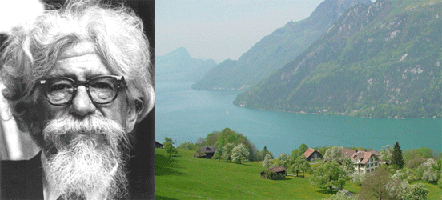Heschel’s Monotheism vis-à-vis Pantheism and Panentheism
DOI:
https://doi.org/10.6017/scjr.v2i2.1420Keywords:
Heschel, God, monotheism, pantheism, panentheism, immanence, transcendenceAbstract
The foundation of Abraham Joshua Heschel’s theology is the most hallowed claim about God in the Jewish tradition: “Hear, O Israel, the Lord is our God, the Lord is One” (Dt. 6:4). Heschel echoes the tradition in claiming that this means not simply that there is only one true God, but also that God possesses inner unity, which is the necessary precondition for unity in the world. Pantheism is one way of explaining unity in the world, and though there a few passages in Heschel’s writings that have a pantheistic ring to them, this article shows that Heschel clearly espouses a monotheistic perspective as opposed to a pantheistic one. Recognizing that Heschel’s theology is not pantheistic, some authors have called his theology panentheistic, but this article argues why, despite Heschel’s strong emphasis on God’s all-embracing presence, this is a misleading designation.Downloads
Published
How to Cite
Issue
Section
License
Copyright (c) 2015 Studies in Christian-Jewish Relations

This work is licensed under a Creative Commons Attribution 4.0 International License.
Please navigate to the Copyright Notice page for more information.

